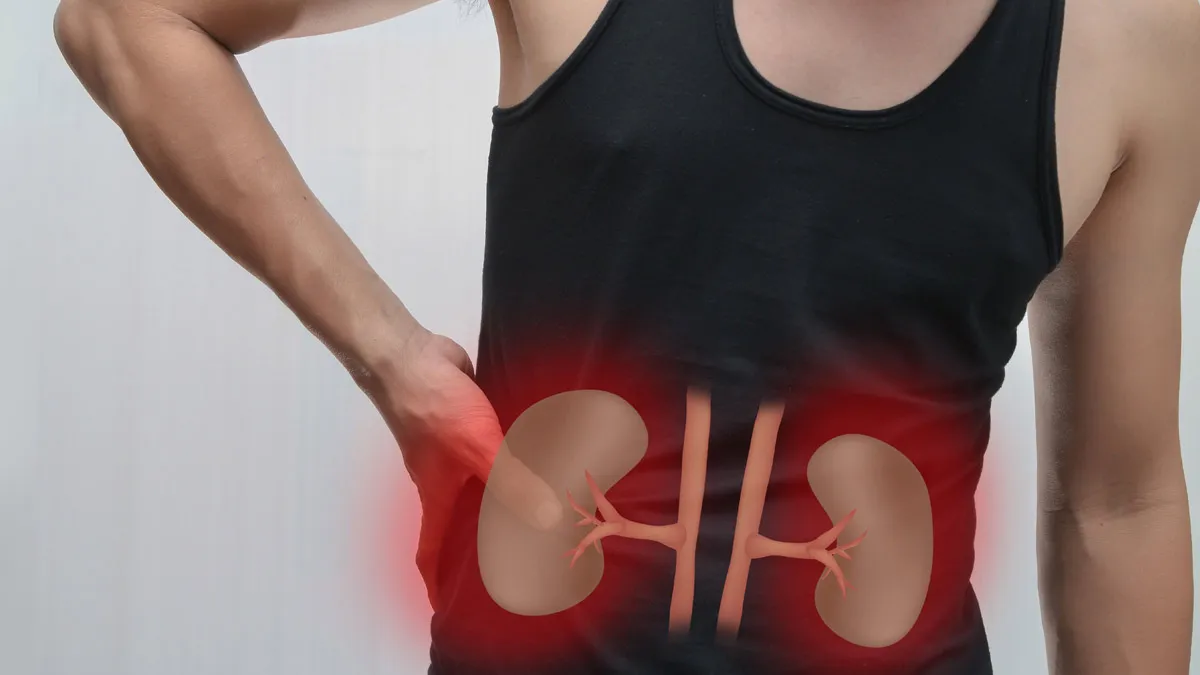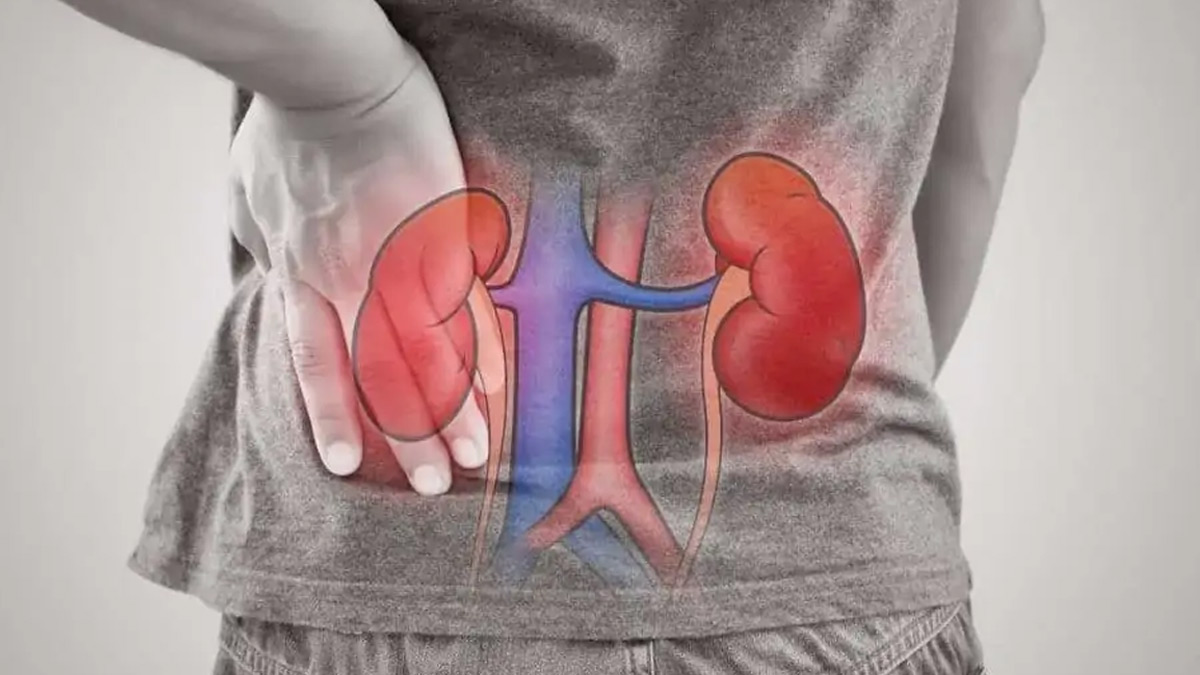
Kidney failure is a serious condition that occurs when the kidneys lose their ability to function properly. The kidneys play a crucial role in filtering waste and excess fluids from the blood, balancing electrolytes, and regulating blood pressure. When they begin to fail, toxins and fluids accumulate in the body, leading to various health complications. While some cases of kidney failure develop suddenly (acute kidney failure), others progress gradually over time (chronic kidney disease). Identifying the early warning signs can be life-saving, as timely intervention can slow disease progression and improve quality of life.
Table of Content:-
Early Symptoms of Kidney Failure
Many individuals do not experience noticeable symptoms in the early stages of kidney disease. However, as the condition worsens, the body starts showing distress signals. Here are some key symptoms that should never be ignored, as per Dr Dilip M Babu, Consultant Nephrologist, Yashoda Hospitals, Hyderabad:
-1741874900653.jpg)
Persistent Fatigue and Weakness
One of the earliest indicators of kidney failure is extreme tiredness. When the kidneys fail to remove toxins from the blood, it can lead to anemia—a condition where the body lacks sufficient red blood cells to carry oxygen. This results in constant fatigue, weakness, and difficulty concentrating.
Nausea and Vomiting
A buildup of waste products in the bloodstream, known as uremia, can trigger nausea, vomiting, and loss of appetite. This often leads to weight loss and malnutrition, worsening the body’s overall condition.
Swelling in the Hands, Feet, and Face
Healthy kidneys regulate fluid balance by eliminating excess water. When kidney function declines, fluid retention occurs, causing noticeable swelling (edema) in the hands, ankles, legs, and even the face.
Changes in Urination Patterns
Kidney dysfunction can significantly affect urination. Some people may experience:
- Frequent urination, especially at night
- Decreased urine output
- Foamy or bubbly urine, indicating protein leakage
- Blood in urine, which may appear pink, red, or dark brown
- Confusion and Trouble Concentrating
Also Read: Kareena Kapoor Khan’s Intense Pre-IIFA Workout Is the Ultimate Fitness Inspiration
When waste products build up in the bloodstream, they can impair brain function, leading to confusion, memory problems, and difficulty focusing. This condition, often referred to as “brain fog,” is common in advanced kidney disease.
Muscle Cramps and Spasms
Electrolyte imbalances, particularly low calcium and high phosphorus levels, can result in muscle cramps and painful spasms. These symptoms often indicate worsening kidney function.

Dry, Itchy Skin
A decline in kidney function affects the body’s ability to regulate minerals and remove waste, leading to dry and irritated skin. In some cases, chronic kidney disease can cause severe itching due to the accumulation of toxins.
Preventing Kidney Failure
While kidney disease is not always preventable, adopting healthy lifestyle habits can help preserve kidney function and slow disease progression. Here are some proactive steps to take:
Monitor Kidney Health
If you have risk factors such as diabetes, high blood pressure, or a family history of kidney disease, regular check-ups with a healthcare provider can help detect issues early.
Maintain Healthy Blood Sugar and Blood Pressure Levels
High blood sugar and uncontrolled hypertension are leading causes of kidney failure. Keeping these levels within a normal range can significantly reduce the risk of kidney damage.
Avoid Excessive Sodium and Potassium Intake
A diet high in sodium and potassium can put strain on the kidneys. Limiting processed foods, reducing salt intake, and consuming a balanced diet can help maintain kidney health.
Also Read: Ibrahim Ali Khan’s Trainer Spills The Secrets Behind His Ripped Physique
Stay Hydrated
Drinking enough water helps the kidneys flush out toxins effectively. However, individuals with advanced kidney disease should consult their doctor about fluid intake recommendations.
Quit Smoking and Limit Alcohol Consumption
Smoking and excessive alcohol consumption can accelerate kidney damage by increasing blood pressure and impairing circulation.
Bottomline
If you experience any of the symptoms mentioned above, it is crucial to consult a healthcare provider as soon as possible. Early diagnosis and proper management can slow the progression of kidney disease and improve overall health outcomes.
Recognising and addressing kidney failure symptoms early can make a significant difference in preserving kidney function and enhancing quality of life. Stay informed, monitor your health, and take proactive steps to safeguard your kidneys.
Also watch this video
How we keep this article up to date:
We work with experts and keep a close eye on the latest in health and wellness. Whenever there is a new research or helpful information, we update our articles with accurate and useful advice.
Current Version
